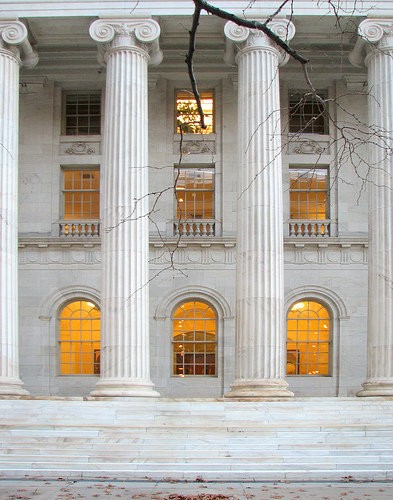Brush with evil: The work of a public defender
How can you defend those people?” That’s a question public defenders hear a lot. It was one I have pondered during my hardest assignment as a lawyer in the abuse and neglect division of juvenile court in Cook County, Illinois, one of the biggest and busiest court systems in the world.
Juvenile court is a vale of tears. My clients are people who have hurt or neglected their children. The cases can be horrifying: The dad who put out cigarettes on his children’s skin. The mom who drank 40 ounces of malt liquor every day while she was pregnant, bearing children with the flat faces and brain damage of fetal alcohol syndrome. The man who, in an effort to get his girlfriend’s son to learn his ABCs, whipped him so brutally with electrical cords that the boy was flayed.
Juvenile court is a long way from where I started my career, which was at a place that represented my original idea of success: a big corporate law firm. My work for banks and corporations wasn’t deeply meaningful, but it paid well.





